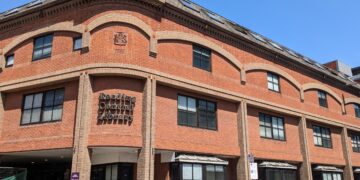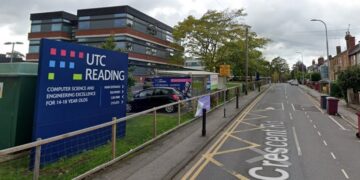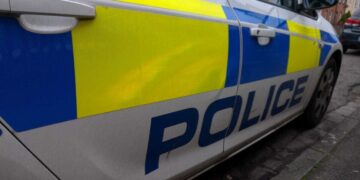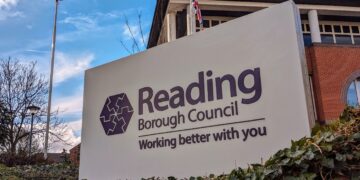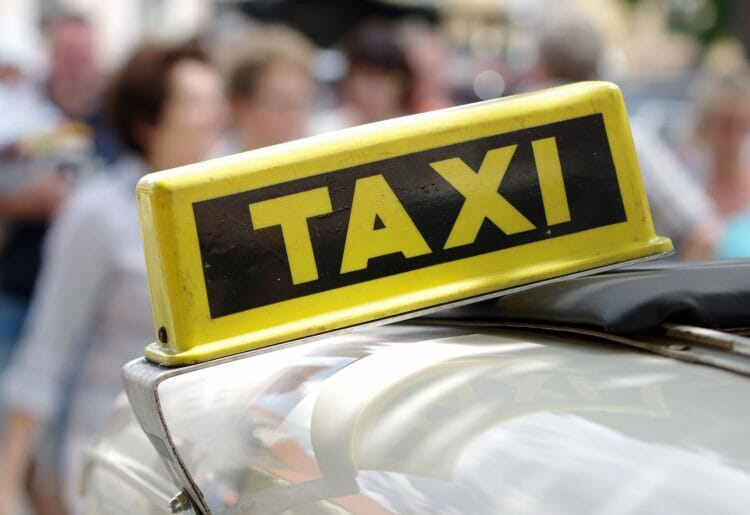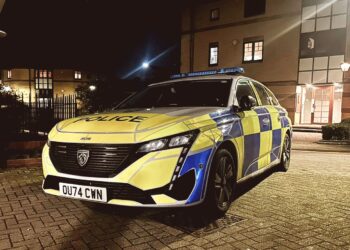A SHAKE-UP to the way in which taxis operate across Reading could see them go electric as petrol and diesel vehicles are phased out.
Reading Borough Council is devising a new strategy for the public transport option, which will run for five years, to 2028.
At the moment there are 225 taxis, 292 private hire vehicles, and 118 executive private hire vehicles operating across the town. Switching to electric or hybrid power could help boost air quality in the town.
And app-based services could make it easier to hire a cab.
Consultation documents note: “The adoption of new technology by the sector and most significantly by the public, has resulted in a much-changed sector. The biggest change is the ease with which passengers can engage services using an app on a mobile phone.
“The council is supportive of technological developments which both improve the customer experience and ensure safety measures are adhered to. App-based companies are licensed in the Borough and are subject to the same conditions and requirements as other operators.
“The council will consider new applications which are in line with this strategy and comply with legal requirements.”
While an attempt by Uber to get a licence to operate in Reading was rejected in 2016, a similar company Ola Cabs won permission in 2019.
Bus lane access for private hire vehicles is also addressed, following representations made by the Reading Private Hire Association. No decision has been made, but one suggestion is limiting access to greener vehicles in a kind of ULEZ scheme for taxis.
The strategy states: “The council will continue to monitor the use of bus lanes and consider if any further traffic orders could be trialled or introduced.
“The council considers that any changes to access must not undermine bus services and reliability and, if made, should primarily support Reading licensed vehicles.”
The consultation runs until Monday, September 18. Submissions can be made by emailing: licensing@reading.gov.uk


